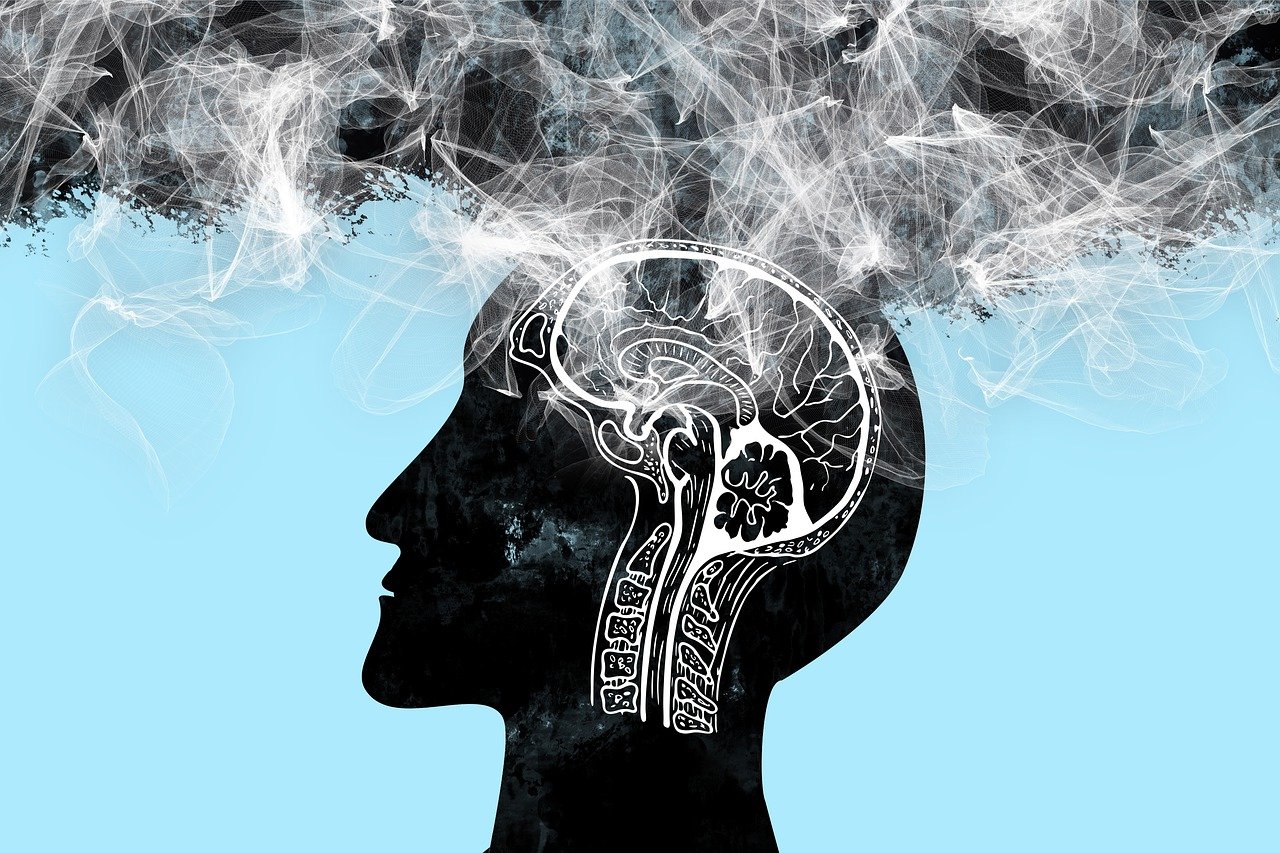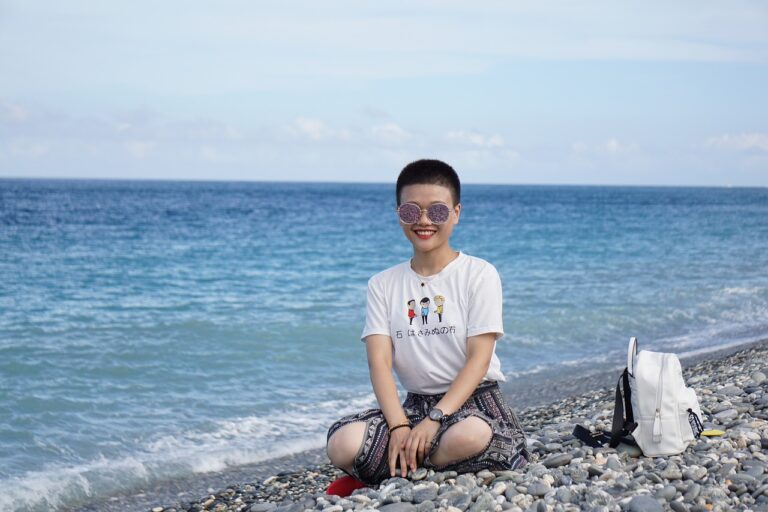The Role of NGOs in Global Health Crisis Response
During times of emergencies, non-governmental organizations (NGOs) play a crucial role as first responders in providing immediate assistance to affected populations. Their swift actions often fill the gaps left by government response and help in saving lives and ensuring basic needs are met. These organizations have the advantage of being agile and adaptable, allowing them to quickly mobilize resources, personnel, and expertise to the affected areas.
NGOs also bring a unique perspective to emergency response efforts, as they are often deeply rooted in the communities they serve. This local knowledge and connection enable them to understand the specific needs and vulnerabilities of the population, leading to more effective and targeted interventions. By working closely with communities and leveraging their existing networks, NGOs can rapidly assess the situation, deliver aid efficiently, and provide critical support during the crucial early stages of a crisis.
NGO Collaboration with Governments and International Organizations
NGOs play a crucial role in collaborating with governments and international organizations during times of crisis. Their expertise and on-the-ground presence often complement the efforts of larger entities in responding swiftly and effectively. NGOs are able to provide valuable insights, resources, and logistical support that can enhance the overall response to emergencies, whether natural disasters or conflicts.
By working together, NGOs, governments, and international organizations can leverage their respective strengths to ensure a comprehensive and coordinated response. This collaboration not only maximizes the impact of their interventions but also helps in avoiding duplication of efforts and resources. Sharing information, coordinating activities, and pooling resources are key elements of successful collaboration that can make a significant difference in addressing urgent needs and rebuilding communities in crisis.
NGOs Providing Healthcare Services in Remote Areas
Non-governmental organizations (NGOs) play a crucial role in delivering healthcare services to communities in remote areas around the world. These regions often lack proper infrastructure and medical facilities, making it challenging for residents to access necessary healthcare. NGOs bridge this gap by setting up mobile clinics, organizing health camps, and providing essential medical supplies to ensure that even the most vulnerable populations receive the care they need.
In addition to delivering direct healthcare services, NGOs also focus on preventative healthcare measures in remote areas. They engage local communities in health education programs, conduct awareness campaigns on hygiene and sanitation, and distribute essential medicines to prevent the spread of diseases. By promoting healthy practices and early intervention, NGOs help improve the overall well-being of residents in remote areas and reduce the burden on already overwhelmed healthcare systems.
• NGOs set up mobile clinics to reach remote communities with limited access to healthcare facilities
• Health camps organized by NGOs provide free medical check-ups and treatment for residents in isolated areas
• Distribution of essential medical supplies by NGOs ensures that even the most vulnerable populations have access to necessary medications
• Health education programs conducted by NGOs aim to empower local communities with knowledge about preventive healthcare measures
• Awareness campaigns on hygiene and sanitation help reduce the spread of diseases in remote areas
How do NGOs act as first responders in emergencies?
NGOs often have trained medical personnel and resources ready to mobilize quickly in response to emergencies, providing immediate healthcare services and relief to affected populations.
How do NGOs collaborate with governments and international organizations in providing healthcare services?
NGOs work closely with governments and international organizations to coordinate efforts, share resources, and ensure efficient and effective delivery of healthcare services to underserved populations in remote areas.
What types of healthcare services do NGOs typically provide in remote areas?
NGOs in remote areas may provide essential healthcare services such as vaccinations, prenatal care, disease prevention and treatment, emergency medical care, and health education programs to improve the overall health and well-being of the communities they serve.







